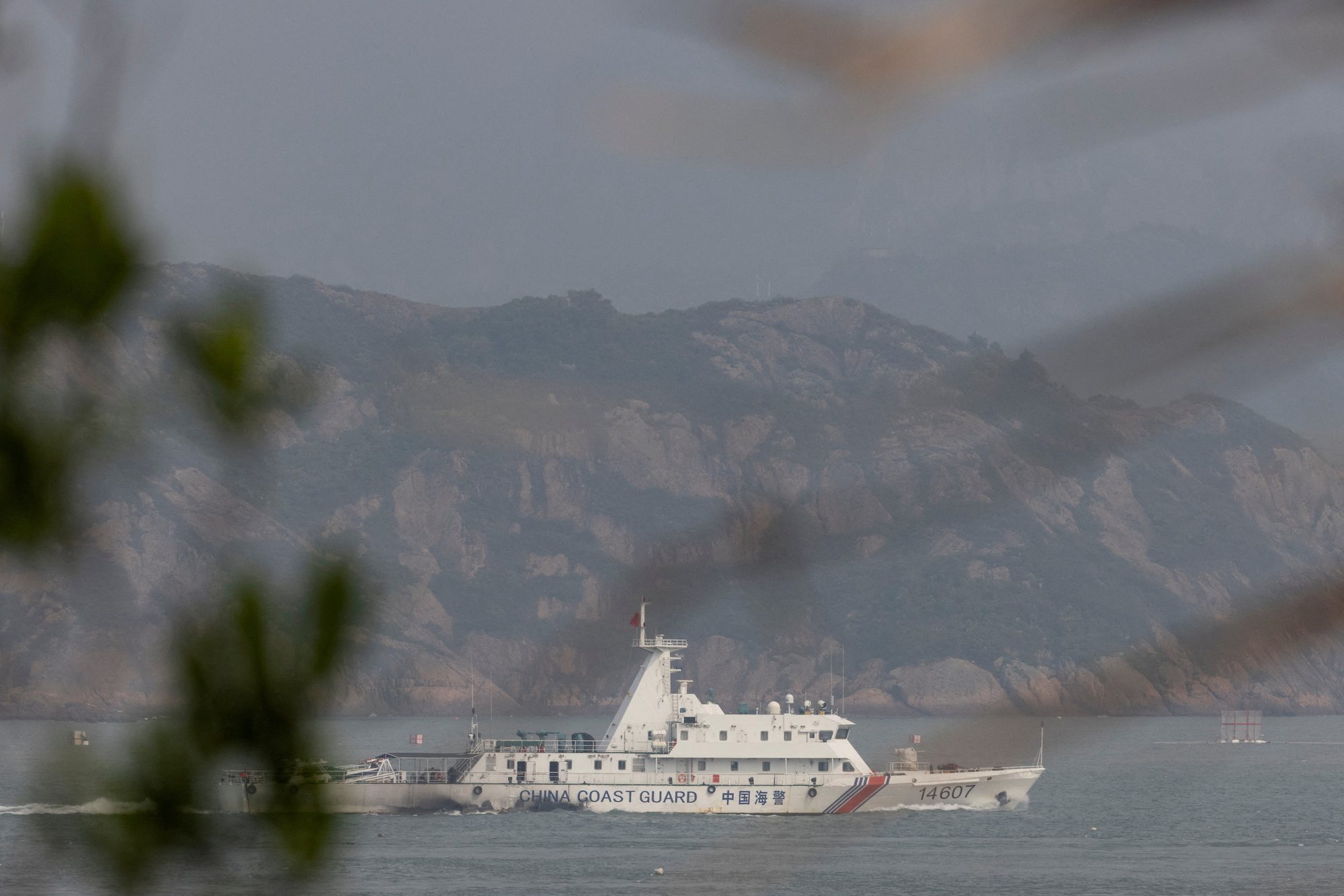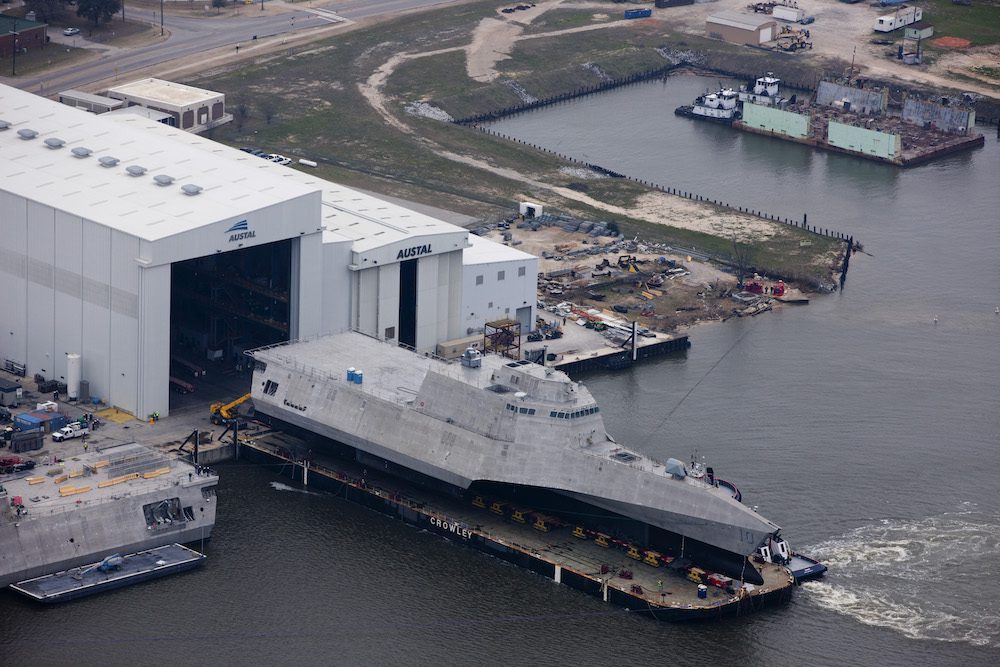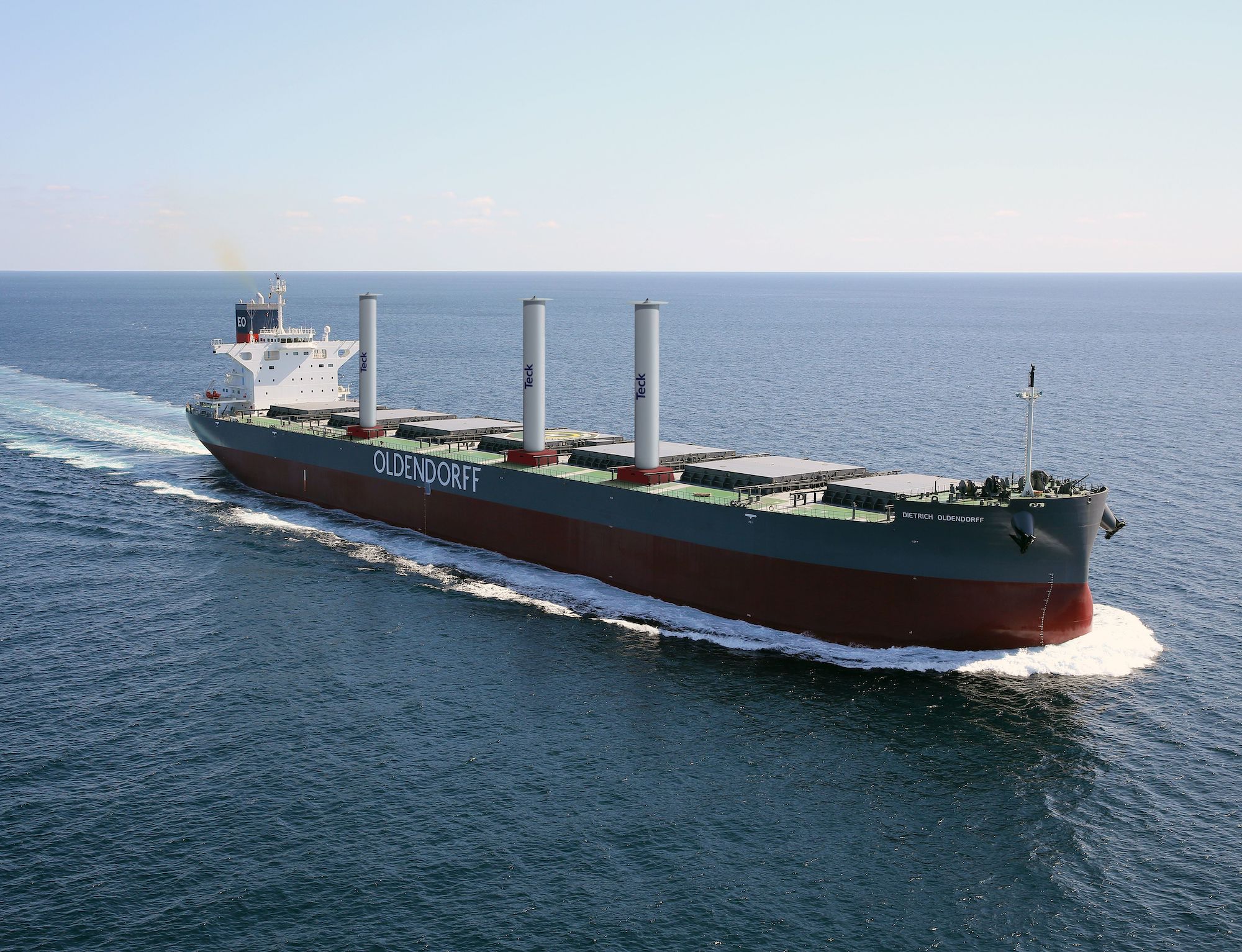gCaptain mariners have been critical of Captain Paul Watson and his crew of non-professional mariners, stars of the reality TV show Whale Wars. Most of the comments posted to gCaptain’s forum have been sympathetic to Sea Shepherd’s mission, the rescue of whales being hunted in Antarctic waters, but critical of the lackadaisical attitude of the vessel’s crew to safety.
Regardless of your personal views, and I’ll keep mine silent, the fact remains that very few ships have taken similar risk and video taped the experience. This creates a unique opportunity for lessons learned. I have taken the liberty of writing 10:
1) (On Piracy) Aerial Surveillance is critical – A key to Sea Shepherd’s success in locating the Japanese whaling fleet is the use of an onboard helicopter. Once the vessel has arrived at the whaling grounds a helicopter is launched and initiates a search of the surrounding waters. A helicopter may be an unrealistic asset in the fight on piracy but a UAV could be equally effective.
In addition to vessel locating the helicopter also assists in weather guidance (most critically is iceberg avoidance), ship-to-ship communication and Search And Rescue operations. How many lost mariners would have been found if every ship carried a UAV?
2) Technology readopting – In the second season of Whale Wars a new crew member installed an innovative device of the past, a radar finder. This unit works like an RDF but instead of homing in on radio signals it locates radar pulses and returns a bearing.
gCaptain’s archives contains a number of posts outlining ideas for using old technology for modern navigation. For example, if your radar goes out why not plot AIS targets on a plotting sheet? Have difficulty reaching a particular ship (think constant bearing, decreasing range!) a simple look-up in the ITU publication, the phone book of ships, and you can often ring the phone in the captain’s cabin.
The critical point here is innovative ideas based on tested equipment or procedures.
3) Communication with outside world – Finding a few ships in the Antarctic Ocean is no small feat. Regardless of helicopters and direction finders it still takes luck… or… communication!
The majority of whaling fleet “finds” have not been through luck, experience or the Captain’s intuition they have been from tipsters ringing the ship’s INMARSAT phone. On my ship a ringing phone usually means a dreaded call from the office, it’s exceedingly rare that another captain calls to give advice or a manufacturer calls to describe an equipment defect and how we can repair it or a weather expert noticing we are heading towards danger.
I can’t recall how may times I’ve talked with a NOAA expert or weather router who said “For three days I watched that ship head right towards the center of that storm, what is the captain thinking?” My reply is always the same; “Why don’t you call the ship and ask him?”
4) Command mentality – Captain Watson surely has egotistical tendencies, normal people don’t wear police badges, but he rarely let’s his personality play a role in the management of his ship. When a problem occurs on the bridge he rarely shows up until he is called and when he does it’s usually a real emergency. After his arrival he usually takes the helm and assists the mate in solving the problem.
Today’s master suffers from many fears beyond the normal “getting crew, ship and cargo from point A to B in one piece”. Fears range from an uncomfortable phone call from vessel management to jail time for an accidental discharge. The tendency of most masters is to be proactive about safety and rush to the bridge at the first sign of trouble. This is not safe. The safe navigation of a ship requires an experienced and a confident bridge team, being too proactive gives the OOW neither experience (you, the master, are the one taking action) or confidence.
Yes you have considerable more experience than your officers but you did not just spend hours in the build up to the event. You would never see the head coach of a football team show up with 1 minute left in the game from an office deep in the stadium and take over for the offensive coach. Why would you do anything different? Instead of taking the con, next time try to support the bridge team. Be the look-out, helmsman or take over the commas. Provide assistance where it’s needed to help your mates do their jobs.
Have you ever heard Captain Watson speak ill of his incompetent first mate, demand to be called Captain or have a negative attitude towards the mission? All of us can learn something from Captain Paul.
5) Incubation of ideas – Have you ever seen Captain Paul flatly reject an untested idea of a junior crew member? Many of the tactics Sea Sheapard uses come form crew members standing long mid watches. There is always a better way of doing something but, aboard most merchant ships, procedures rarely change and new ideas are infrequently tested. How often does a crew member on your ship come up with a innovative idea that has the potential to improve operations or safety? If you answer never, please revaluate your listing skills!
Multiple hours of bridge watch for months on end is a good formula for the incubation of ideas and days of calm weather is a good opportunity to try them out. And it’s not important to only test out the ideas of your crew. Active participation in a community of mariners (hint: read the forum)
If L.Ron Hubbard can organize a complicated religion while standing watch at sea… what ideas can your AB’s coming up with? What are you doing to support these ideas.
6) Transparency – Let’s face the facts, when you tell a new acquaintance that you’re a Merchant Mariner they are more often or not confused. There is nothing mysterious about what we do for a living. As a chief mate I simply manage, operate and navigate a large ship from point A to point B. It’s not a complicated concept but so few civilians know much about our profession and lack of knowledge breads fear. Yes fear.
By sending crews to media training, avoiding the press and sending hate letters to maritime bloggers who are “exposing the dirty secrets of our industry to outsiders” (quoted from one of the many emails I have received) we become a secret and people don’t trust us. This lack of transparency fuels misconceptions that include “drunken sailors” and haters of the environment.
We have one of the most interesting and enjoyable professions in the world, thousands of years of history and countless sea stories to tell but we are cared of letting people into “our world” and the result is increased regulations and distrust.
Like John Hancock (the movie, not the patriot) we have a PR problem. Pre-TV show, Sea Shepherd was viewed by many (including us mariners) as nothing more than organized pirates. In watching the show we have seen their faults and laugh at their failures but I don’t think anyone still thinks they are dangerous. Nothing has changed in Sea Shepherds operations but public fear has calls to have them jailed or de-flagged have quieted.
If the public knew more about us would the Korean government have jailed the Heibi Spirit crew?
7) Ignore the shore – An interesting thing about Sea Shepherd is that the “CEO” doesn’t run the operation, her job is to assist and support. Occasionally she sees the need to plead with the captain to make a change and follow a regulation. Occasionally he does. But the decision is made by the captain and it’s the decision that is best for the ship and it’s mission. What would be your response to a demand from the CEO that runs contrary to the safe operation of your ship?
8) Any idiot can do it – Now I’m not saying the average Sea Shepherd is an idiot, they aren’t, and I am not going to say the system is perfect but they do have one. Prior to Ray Croc discovering the first McDonald’s stand the process of making hamburgers took practice. What he discovered while selling them a shake machine was efficiency on the scale of ford motor company, an assembly line that outputted predictable results. Even more impressive is that an identical hamburger could be produced by people with little or no experience. What McDonald’s created was a system for producing predictable results by low paid, inexperienced employees. Yes the burgers are low quality but the promise… hamburger’s that taste the same at every store worldwide, are delivered fast and cheap… continues to this day making McDonalds a legendary success.
Sea Shepherd would surely be better off with experienced mariners but their goal, getting from port to the whaling grounds, is met with efficiency by unskilled volunteers. Is your operation simple enough to be run in such a way or do your manuals, operating procedures and systems require a maritime transportation degree to decode. Consider simplifying your procedures and you may be pleased with the results.
9) Let the crew know they make a difference – Paul Watson never sails short on crew despite never paying a wage, sailing in the world’s worst weather zones and asking them to do crazy, life threatening tasks. The crew is motivated to succeed because they believe their contribution to the operation is making a real and lasting contribution. Whether you are saving whales or running an oil tanker, reminding the crew that they are making a difference and their contribution has value is never a bad idea.
10) Empathize – When the Japanese fisherman pulled a whale into the factory vessel the anger and disappointment, the feeling of failure, was apparent in the face of Paul Watson. When he left the bridge you, at that moment, were not sure if he went to his stateroom to cry or punch a wall but you were certain that he cared deeply about his mission. Operating a ship is challenging. There will be successes, failures and trying times. Physical signs of emotion may not be the best tactic but caring is. Sharing the feelings of the crew, whether in victory or failure, is always a better tactic then appearing not to care.
Click HERE to view comments or add a reply to this post.
Unlock Exclusive Insights Today!
Join the gCaptain Club for curated content, insider opinions, and vibrant community discussions.

 Join The Club
Join The Club












